
Ingredient
Vitamin B12 (cyanocobalamin, hydroxocobalamin, methylcobalamin)
The Essential Vitamin: Unveiling the Power of B12
Vitamin B12, also known as cobalamin, is a vital nutrient that plays a crucial role in various bodily functions, including red blood cell production, nerve function, and DNA synthesis. It is primarily found in animal-based foods and is essential for maintaining overall health and well-being.
Origins and history
Vitamin B12 was discovered in the early 20th century and has since been recognized as an essential nutrient for human health. It is naturally present in animal products such as meat, fish, eggs, and dairy. Vitamin B12 supplements are also available for individuals following a vegetarian or vegan diet.
Nutritional information
Vitamin B12 is an essential nutrient that supports the production of red blood cells, promotes nerve health, and aids in DNA synthesis. It is particularly important for individuals following a vegetarian or vegan diet, as it is primarily found in animal-based foods.
Allergens
Vitamin B12 is not known to cause allergies or intolerances. However, individuals with certain medical conditions or taking specific medications should consult with a healthcare professional before taking vitamin B12 supplements.
How to select
When selecting vitamin B12 supplements, opt for reputable brands that undergo third-party testing to ensure quality and purity. Look for supplements that contain cyanocobalamin, hydroxocobalamin, or methylcobalamin, as these are the most common and well-absorbed forms of vitamin B12.
Storage recommendations
To maintain the potency of vitamin B12 supplements, store them in a cool and dry place away from direct sunlight. Follow the storage instructions provided by the manufacturer to ensure optimal shelf life and effectiveness.
How to produce
Vitamin B12 is not produced by the human body, so it must be obtained through dietary sources or supplements. Individuals can meet their vitamin B12 needs by consuming animal-based foods such as meat, fish, eggs, and dairy. Vegetarians and vegans can opt for fortified plant-based foods or take vitamin B12 supplements.
Preparation tips
Vitamin B12 can be incorporated into various dishes and recipes by using animal-based ingredients such as meat, fish, eggs, or dairy. For individuals following a vegetarian or vegan diet, fortified plant-based foods like breakfast cereals, plant-based milk, or nutritional yeast can be excellent sources of vitamin B12.
Culinary uses
Vitamin B12 is commonly used in the culinary world as a nutrient-rich ingredient in meat-based dishes, seafood recipes, and dairy products. It adds depth of flavor and nutritional value to various cuisines around the globe.
Availability
Vitamin B12 is naturally present in animal-based foods and is widely available in supermarkets, grocery stores, and specialty health food stores. Vitamin B12 supplements can be purchased over-the-counter or online, ensuring accessibility to individuals worldwide.
More ingredients from this category » Browse all
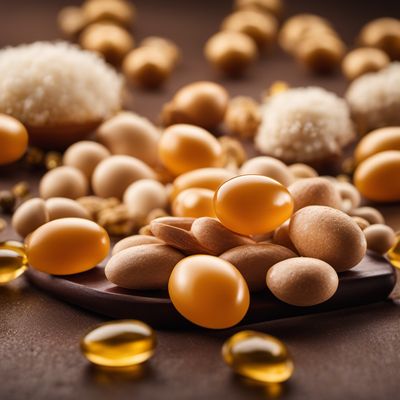
Vitamin B7 (biotin)
The Beauty Vitamin: Unveiling the Wonders of Biotin
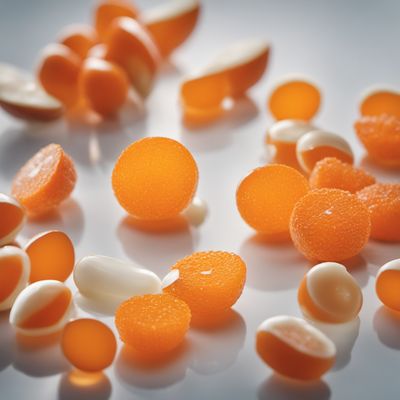
Vitamin A (retinol, carotenoids)
The Vision Booster

Vitamin B3 (niacin, niacinamide)
The Essential Nutrient: Unveiling the Power of Vitamin B3
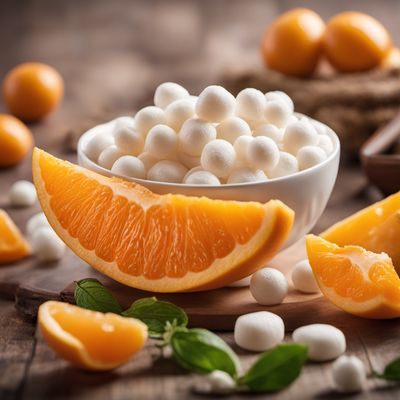
Vitamin C (ascorbic acid)
The Immunity Booster: Unveiling the Power of Vitamin C

Vitamin B5 (pantothenic acid)
The Essential Nutrient: Unveiling the Power of Vitamin B5
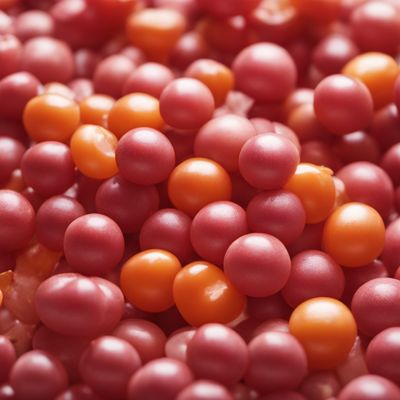
Vitamin B6 (pyridoxine, pyridoxamine, pyridoxal)
The Essential Nutrient Trio: Unveiling the Powers of Vitamin B6

Vitamin B1 (thiamine)
The Essential Energy Booster
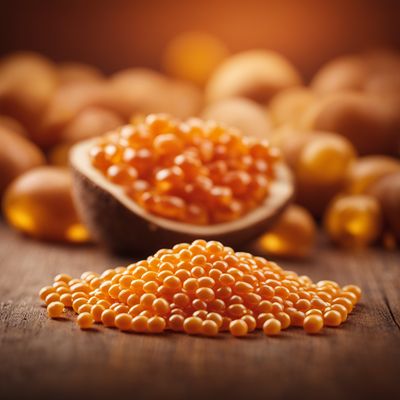
Vitamin B2 (riboflavin)
The Radiant Nutrient

Vitamin D (cholecalciferol, ergocalciferol)
"The Sunshine Vitamin: Unlocking the Power of Vitamin D"
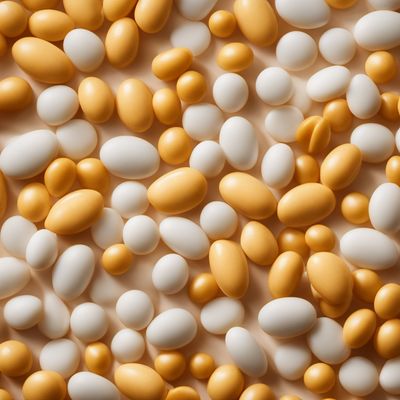
Vitamin B9 (folic acid, folinic acid)
The Essential Nutrient for Cell Growth and Development
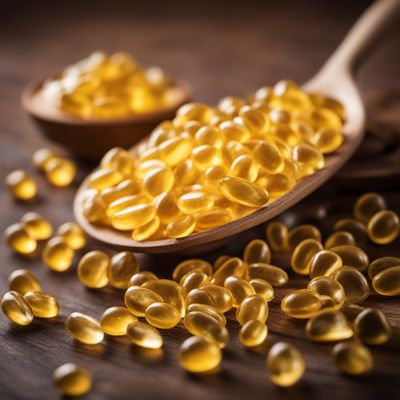
Vitamin E (tocopherols, tocotrienols)
The Antioxidant Powerhouse

Vitamin K (phylloquinone, menaquinones)
The Mighty Nutrient: Unveiling the Power of Vitamin K